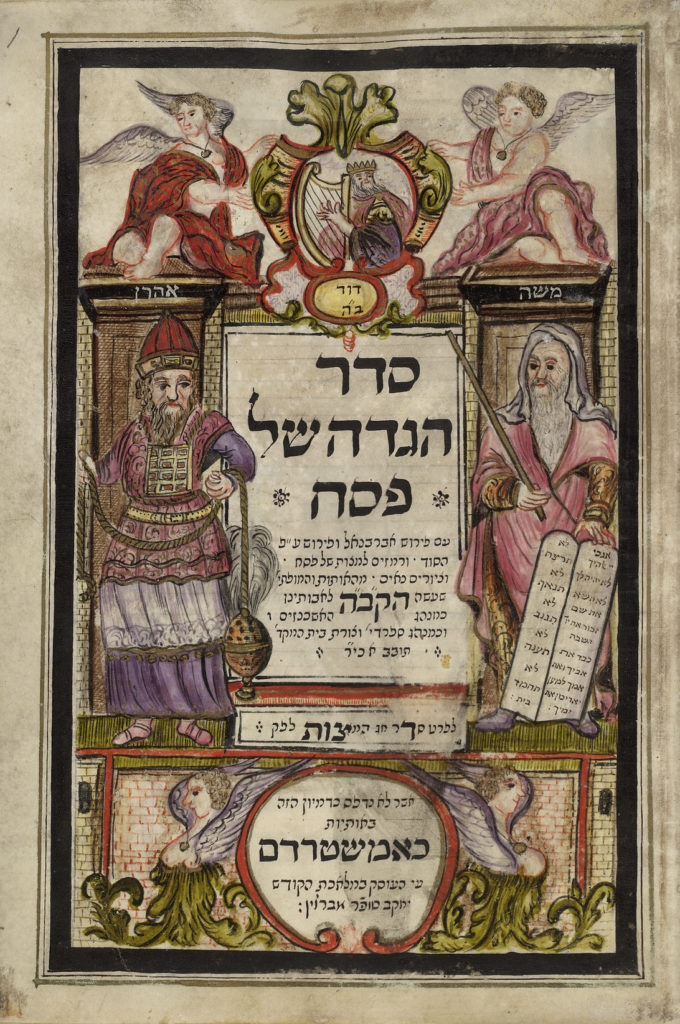
Post contributed by Lorna, Student Experience Ambassador
Passover, known as Pesach in Hebrew, represents a cornerstone of Jewish tradition,
commemorating the liberation of the Israelites from slavery in ancient Egypt. Passover this year
is happening from the 22nd to the 30th of April, and encapsulates profound themes of freedom,
faith and communal identity. The core of Passover is found in the book of Exodus from the
Bible which describes the Israelite enslavement and their deliverance through the leadership of
Moses. One of the most notable events in the narrative is the ten plagues, which symbolise
divine intervention and the desire for freedom.
One of the main traditions of Passover is the Seder which is a ceremonial meal held on the first
two nights of Passover. This tradition embodies the essence of Passover through foods, rituals
and storytelling. A key food at the table is matzah, which is an unleavened bread that is
prevented from rising and represents the urgency and haste of the Israelites’ slight from Egypt.
Another key food is maror (bitter herbs) which symbolise the bitterness of slavery in Exodus
1:14. these two mitzvahs are incredibly important and are evidenced in the Torah. This meal is
a multisensory experience that invites reflection and gratitude. Furthermore, Passover is also
seen as a chance to embrace cleanliness of the household, as Chametz (leavened products) are
purged. This process goes beyond physical cleansing as it symbolises spiritual renewal and the
removal of ego, pride, and impurity from the soul. This allows practising individuals to embrace
the spiritual purity of Passover in its entirety.
Another key element of Passover is the Haggadah, which is a text that guides participants
through the re-telling of Exodus. This religious book is laden with prayers and readings, and
serves as a narrative thread to connect generations from the past, present and future. The
Haggadah includes a structured framework to facilitate communal engagement and discussion
on the themes of freedom, justice and the relationship between Jewish individuals and God.
This evokes conversation about Jewish identity and faith through poignant symbols and
narratives from oppression to liberation.
Bibliography:
Chabad.org (2024) ‘What is Passover (Pesach)?’ Available at: Passover (Pesach) – Festival of
Liberation – Chabad.org
